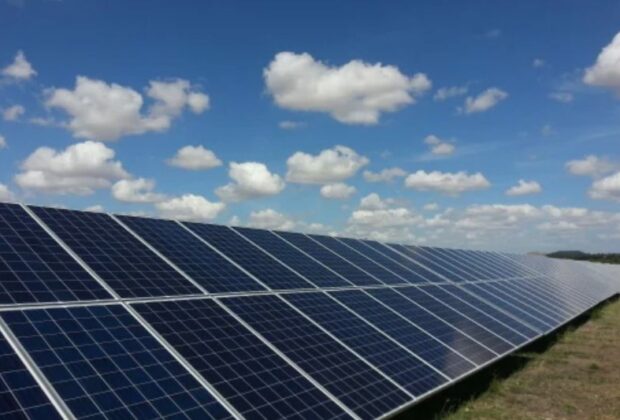A group headed by Swedish firm Epishine has received a €3.3 million grant from the EU. The group wants to accelerate the development of solar panels made of organic materials.
Organic in this context refers to carbon-based solar panels. These solar panels employ organic molecules as an electrical conductor rather than silicon.
Organic solar cells can be printed, are inexpensive, flexible, semi-transparent, and incredibly light. They are also able to generate electricity from inside light. That may come from direct sunshine coming in through an open window or entirely artificial light coming from halogen or LED lights, for example.
The drawback is that organic solar panels are not very good for outdoor use because they deteriorate considerably more quickly than silicon counterparts. On the other hand, they work great for powering tiny electronics like wireless keyboards, remote controllers, and Internet of Things gadgets.
According to CEO of Epishine Anders Kottenauer, “this funding will enable us to further accelerate our joint market efforts and continue our mission of making self-powered electronics the standard.” Single-use batteries and wires are supposed to become “a thing of the past,” according to the business.
Sentinum and Epishine, two German telecom manufacturers, introduced a self-charging temperature and humidity sensor just last week. Epishine has also developed integrated circuits for chips and electronic shelf labels that run on solar electricity. The business is even collaborating with Nichicon of China to create a light-powered self-charging battery.
Matthias Josephson, a co-founder of Epishine, stated, “Two of Epishine’s strengths are the thin flexibility of our csolar cells and their high efficiency in very low light conditions,” “We seem to have a unique product market fit for these types of products.”
To keep up with the increasing demand, Epishine built a new solar cell plant in November. The roll-to-roll printing technique of the company can create 100 million modules a year at the new plant. By printing solar cells on incredibly long plastic rolls, this technology can significantly increase production speed.




